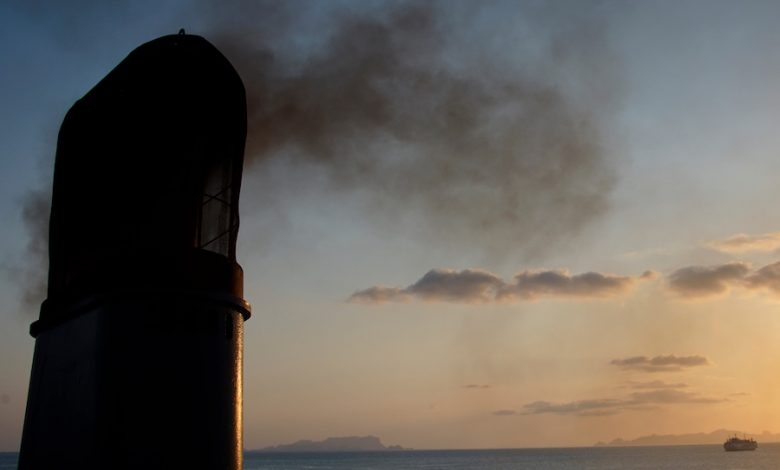Greenhouse gas debate turns towards next year’s MEPC

Prescriptive short-term measures to cut shipping’s carbon footprint appear to be on the back burner following last week’s intersessional greenhouse gas gathering at the International Maritime Organization (IMO).
The IMO has agreed that a goal-setting approach is the best way to reduce carbon emissions in the short-term. Full details of the approach will be resolved next year when the next Marine Environment Protection Committee (MEPC) meets.
The IMO has concluded that a mandatory goal-based approach will provide the needed flexibility and incentive for continued innovation across the industry and will be the best way to reduce emissions. Two methods, in line with the industry’s proposal, were recognised: a technical and an operational approach. It was agreed that the two approaches would be further refined, and their implementation and enforcement would also be developed at the next meeting in London next year.
While the move towards goal-based GHG measures appears the winner from last week, proponents of slow steaming regulation have not given up hope yet. Clean Shipping Coalition and France’s speed limit/reduction proposals are explicitly listed as some of the “operational approach” policies to be taken forward to MEPC along with Denmark/Germany/Spain’s operational efficiency measures.
Commenting on the agreement, UK Chamber of Shipping policy director Anna Ziou said: “The progress made sets the right direction of travel and is a good foundation for the IMO’s work to put the strategy into action. However, there is still a lot to be done and we encourage all parties to show at the next meeting the same level of cooperation and come forward with constructive ideas to make sure that we deliver the ambitions of the IMO Green House Gas strategy.”
The next MEPC meeting, due to take place 23-27 March in London will also include discussions on some of the difficult questions on how we measure a ship’s efficiency accurately, establish a representative 2008 baseline and reflect the strategy’s targets to individual ships.
